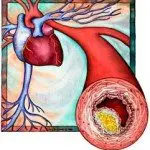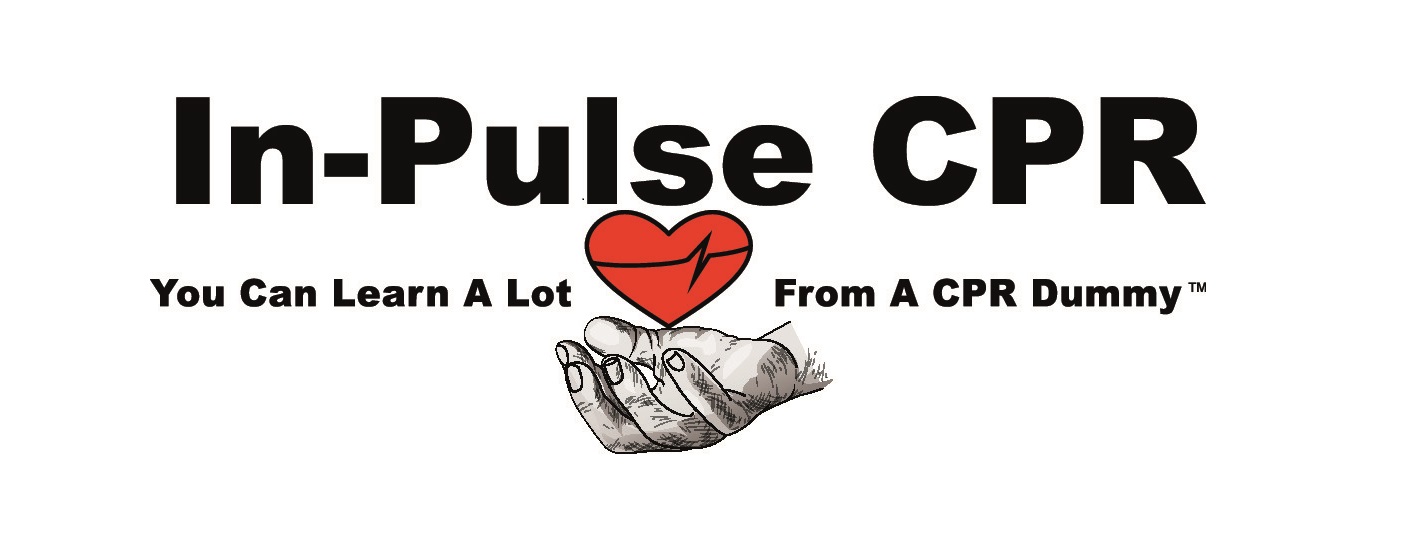Ways on winning the Cholesterol war. Something you may not have heard before.
written by Nupur Agarwal
The word cholesterol generally sets alarms bells ringing in ones mind. One thinks of high blood pressure, heart attack and stroke damaging the delicate human system. But then hey! If it’s all that bad, what is the need of this soft, waxy, greasy substance doing rounds in our body?
Cholestero l is produced by the liver and is combined with proteins for being transported through our bloodstream, to form lipoproteins. The two most important type of lipoproteins are High Density Lipoprotein (HDL) and Low Density Lipoprotein (LDL). HDL is “good cholesterol” as it removes excess cholesterol from circulation, carrying it back from tissues or organs to the liver, where cholesterol will be degraded or recycled. On the other hand, LDL is “bad cholesterol”. LDLs are produced by the liver and carry cholesterol and other lipids (fats) from the liver to different areas of the body, like muscles, tissues, organs, and the heart. Heightened levels of this lipoprotein excess cholesterol in our blood which causes plaque formation in blood vessels. Cholesterol is important as it fulfils the energy requirement of the body. It boosts mental performance making us outshine others. Not many of us know that not only does it help us strengthen bones and built muscle mass; it also maintains cell membrane fluidity. Synthesis of steroid hormones (sex hormones as well!) is another of it umpteen benefits. But then too much of anything carries its side affects and in this case they are very dangerous.
l is produced by the liver and is combined with proteins for being transported through our bloodstream, to form lipoproteins. The two most important type of lipoproteins are High Density Lipoprotein (HDL) and Low Density Lipoprotein (LDL). HDL is “good cholesterol” as it removes excess cholesterol from circulation, carrying it back from tissues or organs to the liver, where cholesterol will be degraded or recycled. On the other hand, LDL is “bad cholesterol”. LDLs are produced by the liver and carry cholesterol and other lipids (fats) from the liver to different areas of the body, like muscles, tissues, organs, and the heart. Heightened levels of this lipoprotein excess cholesterol in our blood which causes plaque formation in blood vessels. Cholesterol is important as it fulfils the energy requirement of the body. It boosts mental performance making us outshine others. Not many of us know that not only does it help us strengthen bones and built muscle mass; it also maintains cell membrane fluidity. Synthesis of steroid hormones (sex hormones as well!) is another of it umpteen benefits. But then too much of anything carries its side affects and in this case they are very dangerous.
High LDL elevates your risk of heart disease and heart attacks. Regular checkups can help you evaluate the risks and make lifestyle changes before it’s too late. Consult your doctor if any medication is needed. If you’re already taking medications, these changes can also improve their cholesterol-lowering effect.:
1. Shed those extra pounds
If you weigh more than you should, slimming down may produce a significant drop in your cholesterol level. Research suggests that being overweight disrupts the normal metabolism of dietary fat. So even though you may be eating less fat, you may not see a difference in your cholesterol profile until you unload the excess pounds. Crash dieting is not an option as your body thinks that you are starving and slows your metabolic rate. Once you start eating again, you’ll gain weight even more easily. You should look at weight loss as a long term plan. Try to lose weight slowly, at a rate of two to three pounds per week. Just cutting calories will not help. You will have to combine it with increased physical activity
2. Ditch that couch for some daily exercise
Whether you’re overweight or not, any form of aerobic exercise — running, bicycling, swimming, yoga, whatever gets your heart pumping can reduce cholesterol. You don’t need to sweat to make physical activity count. Smaller periods of less intense physical activity does you equal good. In addition to more deliberate kind of exercises, you can try to include activities throughout the day. Take a brisk daily walk during your lunch hour. Ride your bike to work. Swim laps. Play a favorite sport. To maintain your motivation, find an exercise buddy or join an exercise group. And remember, any activity is helpful. Even taking the stairs instead of the elevator or doing a few sit-ups while watching television can make a difference. If you’ve been relatively inactive, check with your doctor before launching any exercise regimen. Your doctor may be able to help you choose an activity that suits your current fitness level.
3. Watch those calories and eat healthy
When you were diagnosed with high cholesterol, your doctor likely advised you to reduce your fat intake. In general, cutting your dietary fat will lower cholesterol. However, instead of cutting back on fat all together, you need to increase the intake of HDLs and at the same time cut back on LDLs. For that you need to be aware of food sources that will help you achieve that. Peanut butter, avocados, olive and canola oils, and most nuts are mostly monounsaturated fat. Research has shown that monounsaturated fat can help lower LDL and triglycerides (another type of blood fat) while raising HDL. It’s a much healthier choice than saturated fat, found primarily in animal products–meats, butter, full-fat milk and cheese. The most concentrated sources of cholesterol include organ meats, egg yolks and whole milk products. Use lean cuts of meat, egg substitutes and skim milk instead. Whole grains provide various nutrients that promote a healthy heart. So switch to whole wheat bread,whole-wheat pasta, whole-wheat flour and brown rice. Fruits and vegetables are rich in dietary fiber, which can help lower cholesterol. Snack on seasonal fruits. Also included in the good fats category are the omega-3 fatty acids, found in abundance in fish such as mackerel, albacore tuna, and salmon. The omega-3s appear to lower levels of VLDL (very low density lipoprotein) and triglycerides.
4. Quit smoking
Smoking increases the bad cholesterol (LDL) and decreases the good cholesterol (HDL). In this way, smoking doubles the risk of heart disease in a person. The good news is that you can see the affects within 20 minutes of quitting when your blood pressure decreases. Within 24 hours, your risk of a heart attack decreases. Within one year, your risk of heart disease is half that of a smoker. Within 15 years, your risk of heart disease is similar to someone who never smoked.
5. Find ways to de-stress
Medical researchers have now discovered a link between periods of severe stress and increased cholesterol levels. During stressful times, chemical messengers are released that prepare your body for the fight-or-flight response. These hormonal changes can raise your total cholesterol. It has disastrous indirect effects as well. You tend to overeat, smoke, or turn into a couch potato in response to high anxiety, all leading to lower levels of HDL and higher levels of LDL. To block your body’s stress response, simply removing yourself from the stressful situation can help. Go for a short walk, practice deep breathing, perform a few simple stretches, meditate–whatever enables you to relax and regroup. You’ll feel better, you’ll think more clearly, and you’ll spare your heart from harm.
Ultimately its commitment and disciple towards living a healthier life that will win you the cholesterol war. Your family and friends can support you, but you’re the one making the decisions that will have an impact on your health, for better or worse.



